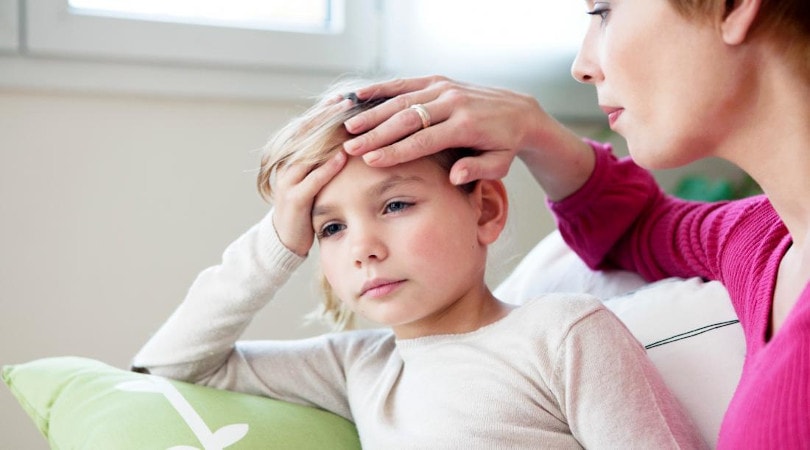Epilepsy
Epilepsy in children: Is it curable?
Epilepsy is brain disorder that causes children to have repeated unprovoked seizures.It can start at any age. It is one of the common neurologic disorders of children.
Identifying epilepsy:
Children with epilepsy have repeated unprovoked seizures.Seizure can be of various types. It can be seen as any of the combinations eg uprolling or deviation of eyeballs, frothing from mouth, unresponsiveness, staring episodes, jerking of one or more limbs, stiffening or tightening of one or more limbs. Sometimes there can be only jerking of hands or legs, head nods, sudden startle like movements, esp after awakening(called spasms).Seizure can be seen both in sleep and awake state.
Not all seizures are epilepsy:
Seizure can have various causes. The commonest one are those precipitated due to fever called febrile seizure. There are other causes like brain trauma, brain infections (meningitis, encephalitis), drug & toxin related etc. All these have a precipitating cause. Seizure in epilepsy can start without any provocation and without any cause.
Diagnosing epilepsy:
Any child with more than 2 seizures 24hrs apart, without any cause, can have epilepsy. Pediatric neurologist may suggest Electroencephalogram(EEG) and MRI Brain.
EEG measures electrical activity of brain, just as ECG measures electrical activity of heart.
MRI brain is needed to see any features of brain damage or any structural brain abnormalities present since or before birth.
Types of epilepsies:
There are many types of childhood and adolescent epilepsies. Depending upon the area of origin of seizure it is divided into focal and generalised seizure. Then depending on age of onset, seizure types, EEG findings, MRI findings it is further divided into various epilepsy types. Not all epilepsy lasts for lifetime. Many epilepsy types are self limiting with age, however may need medication for few years when seizures are active.
Children at risk of epilepsy: Children with developmental delay, preterm babies with prolong ICU stay, babies with birth asphyxia(who didnt cried at birth), babies who had hypoglycaemia(low sugar), children with major head injuries, child who had meningitis & encephalities are at increased risk.
Treatment of epilepsy:
It is treated with antiepileptic drugs(AED). There are many AEDs for epilepsy. There is no one right treatment, because every child may respond differently. Identifying the epilepsy types and the right AED makes key difference in seizure control in epilepsy.
Duration of treatment:
Generally antiepileptic drugs are given for 2yrs from the time of last seizure (means 2 yrs seizure free period on medicine). However the treatment may be prolonged in many cases if seizures are frequent. Many children outgrow their epilepsy and stop having seizures when they are teens or young adults.
Side-effects of medicines:
Most of the medicines are tolerated well. However medicine can cause sleepiness, hyperactivity, skin rashes etc. So close monitoring and advice of pediatric neurologist has to be sought.
Clearing myths about epilepsy:
- Epilepsy is non-communicable disease.
- It doesn’t last lifetime in all cases.
- Medications have side effects but the benefit out weights side effects. Close monitoring & following paediatric neurologist advice helps to identify and overcome the side effects.
- It cannot be treated with local traditional herbs and local rituals.
Precautions for children with epilepsy:
- Take anti-seizure medicines exactly as advised. Stopping or changing the medicines can increase the risk of seizures.
- Get enough sleep(7-8hrs). Sleep deprivation increases chances of seizures.
- Use rescue medication(eg:intrasanal midazolam) as advised by doctor. Alwez carry rescue medications.
- No life restrictions in daily activity but needs close monitoring. Follow your doctor’s advice.










Leave a Reply